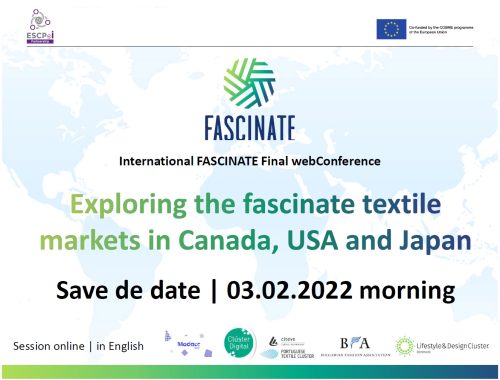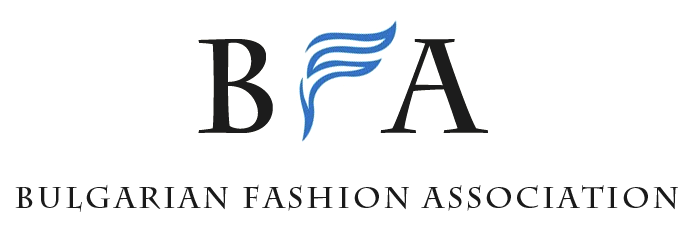
THE EUROPEAN PROJECT FASCINATE IS BORN
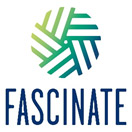
The sponsors of the Fascinate project are Modacc, Denmark’s Lifestyle & Design Cluster, the Bulgarian Fashion Association, the CITEVE technological institute in Portugal, and the Clúster Digital de Catalunya.
Funded by the European program COSME, this project will benefit 650 European SMEs.
For the first time, the textile and fashion industry and digital technology industry have set to work side by side to determine how they can use the digital sphere to address the needs of fashion companies when they decide to sell to the world.
Can technology like blockchain make it easier to track products? Can artificial intelligence help optimize stocks? Which tools help anticipate what the consumer wants? And which ones help reduce the industry’s effects on the environment? These and other questions are at the heart of the European project Fascinate (Sustainable Fashion Alliance for International Markets), which will put forward a joint internationalization strategy between the fashion, footwear, and digital technology industries to access international markets, focusing on sustainability and circularity.
The Fascinate project, funded by the EU, is jointly sponsored by five European clusters: the Catalonian fashion cluster Modacc, the leader of the project; the Bulgarian Fashion Association; Denmark’s Lifestyle & Design Cluster; the CITEVE technological institute in Portugal; and the Clúster Digital de Catalunya. Since September, the five institutions have been working to establish a joint strategy to access new international markets in the next 18 months using new technology.
A total of 650 companies, most of them European SMEs in the fashion and footwear industries, will benefit from this project, which will allow them to access new markets through digital tools never before used in the fashion industry, such as blockchain or artificial intelligence, essential for product tracking, thus creating new value chains based on circularity and sustainability.
The project aims to create a medium- and long-term business model, meaning that the collaboration among the various institutions that make up the Fascinate project will last over time and the work done will continue. The sum of the companies’ expertise in the fashion industry and technology and the interaction between the textile and digital worlds should lead to the emergence of a series of efforts in which the digital environment helps the textile industry address its problems and needs, such as cost optimization, reducing operating expenses, and sustainability. The first joint work sessions have focused on identifying these needs, seeing what technology can provide and how.
The Fascinate project is part of the European program COSME within the framework of the Clusters Going International effort, which seeks to promote collaboration and joint work among clusters from various countries and sectors to determine internationalization strategies for SMEs throughout Europe. The project has a budget of €222,000, almost 90% (over €190,000) provided by the European Union. The goal is for these 650 Spanish, Portuguese, Danish, and Bulgarian companies to build cooperation networks with other countries and access international markets.
Circularity and Sustainability, the Most Immediate Challenges
The textile and fashion industry has been working for a while so that the internationalization process that companies in the industry must carry out is accompanied by differentiating aspects such as circularity and sustainability. It is based on these elements that the European companies want to identify and position themselves in international markets.
In this sense, the alliance with technology clusters will help them progress toward Industry 4.0, going far beyond implementing e-commerce since they will be able to incorporate elements such as tracking or stock optimization in this international sales process through technology such as blockchain or artificial intelligence.
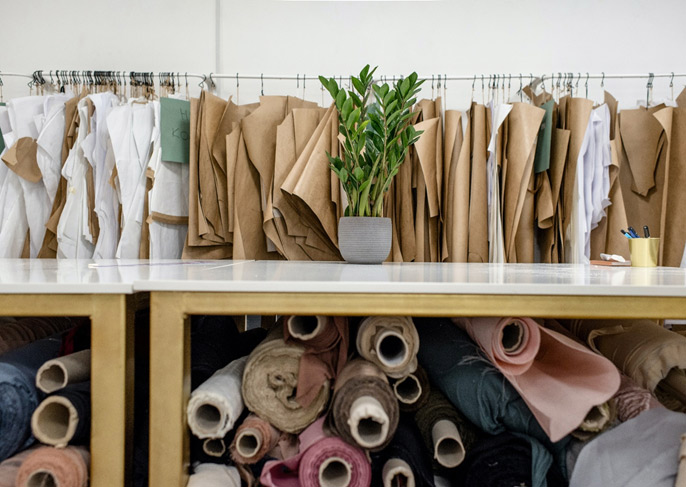
Tracking is essential to guarantee circularity and sustainability in the production, distribution, and sales process and thus create new value chains.
The textile and fashion industry and footwear industry are primarily seeking tools that will help them reduce costs and be more profitable, which means anticipating what the consumer wants, more efficiently managing stocks, increasing responsiveness, establishing communication between all elements of the value chain, eliminating bureaucracy, and removing import and export barriers. They also want to reduce the industry’s harmful effects on the environment and steadily progress toward sustainability.
The technology clusters, meanwhile, have been working for a long time to identify business opportunities in leading industries such as the textile and fashion industry and potentially boost demand for technology. The Fascinate project is thus strategic for both industries.
Eighteen Months of Intense Work
Although the Fascinate (Sustainable Fashion Alliance for International Markets) project began in September, its formal presentation, which had to be delayed due to the pandemic, will soon be held in Bulgaria. It is confirmed that a dozen fashion companies will participate in Berlin Fashion Week in January as part of the project. There will be a workshop in Barcelona in the coming months, and a closing event will be held in an as-yet-undetermined country upon the conclusion of the project. This first phase will last 18 months.
MORE INFORMATION
Fascinate Project Consortium
Modacc – Clúster Català de la Moda i el Textil: www.modacc.cat
Bulgarian Fashion Association: www.bgfa.eu
CITEVE – Centro Tecnológico Têxtil e Vestuário (Portugal): www.citeve.pt
Lifestyle & Design Cluster (Dinamarca): www.ldcluster.com
Associació Clúster Digital de Catalunya: www.clusterdigital.cat

You May Also Like
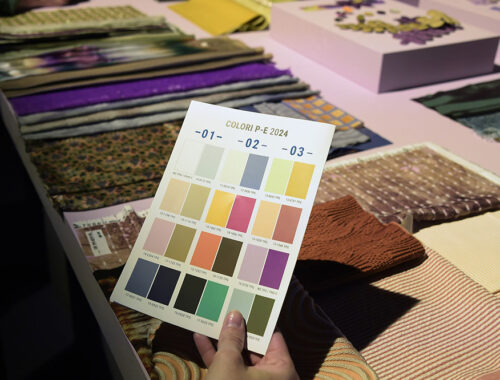
15 organizations will participate in the CLOTH project ClusterXChange in Milan, organized by BMA
26.01.2023
EU-Japan Green Transition Matchmaking 2023
09.03.2023